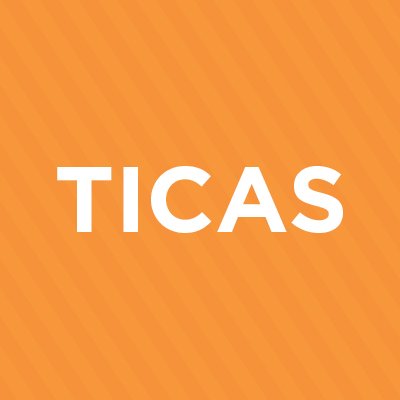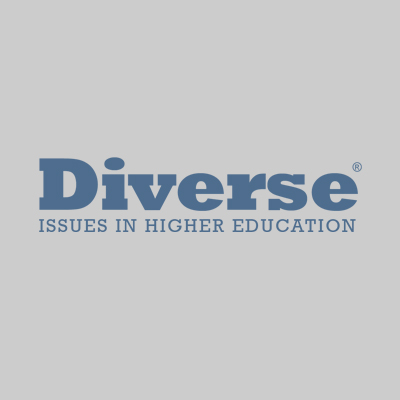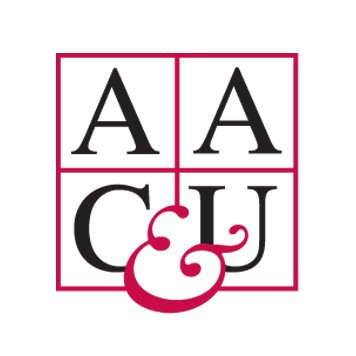
The Institute for College Access and Success (TICAS)
December 11, 2018 Student Success
A new Institute for College Access and Success report details existing requirements that govern the calculation and provision of post-college employment metrics, documents weaknesses in existing data, and recommends federal and state policy changes to support comparable, accurate, accessible information for measuring post-college employment outcomes.

Inside Higher Ed
December 10, 2018 Research, Student Success
The number of doctorate degrees awarded in 2017 decreased to 54,664 from 54,862. Although the number of science and engineering degrees has increased, the number of non-science and engineering degrees has decreased. More interesting date patterns are explored in the number and type of doctorate degrees earned.

The Atlantic
November 13, 2018 Student Success
Michelle Obama was a low-income minority student who detailed her experiences in her application essay to Princeton University in the early 1980s. Although she was well qualified to be at the school, she and other students with similar backgrounds had difficulty integrating with their majority white and male peers. Unfortunately, her story is still emblematic today of an all-too-common narrative for low-income and minority students, particularly those at elite institutions.

Education Dive
October 17, 2018 Student Success
Degree completion has been an issue that many colleges and universities continue to be aware of with the increased public accountability of higher education. This brief provides recommendations to improve graduation outcomes, including offering meta-majors so students can explore fields of interest without committing to a full major or minor.

Inside Higher Ed
September 25, 2018 Enrollment Management Trends, Research, Student Success
A new report by the USC Race and Equity Center contains a full-report card assessing how well each state is serving black students in higher education. The report provides a full list of states, schools and their corresponding grades. Furthermore, the report provides recommendations for institutional leaders on how to best support black students and how their institutions can work towards increasing their ranking.

Diverse Issues in Higher Education
August 23, 2018 Student Success
Rutgers University–New Brunswick has taken steps to make its campus a more inclusive one for students from marginalized backgrounds. As one of the most ethnically and racially diverse universities in the U.S., Rutgers University–New Brunswick strives to provide services that cater to the needs of students. Some of their most impactful programs are the Rutgers Future Scholars (RFS) program and the Educational Opportunity Fund (EOF), programs that advance access and excellence for the university. Additionally, the Scarlet and Black project is one that has pushed Rutgers to uncover its oppressive history while simultaneously acknowledging the work needed to continue to value diversity and inclusion at the university.

Hart Research Associates, conducted on behalf of AAC&U
July 31, 2018 Research, Student Success
A recent report conducted by Hart Research Associated on behalf of the Association of American Colleges and Universities (AAC&U) found executives and hiring managers have more confidence in higher education than the American public. Company executives and hiring managers expressed that they are satisfied with skills that recent college graduates are obtaining but that there are barriers that hinder college graduates from advancement in the company. Hiring managers place an emphasis on demonstrated proficiency in multiple skill areas across majors, including oral communication, critical thinking, ethical judgment, working effectively in teams, and real-world application of skills and knowledge.

Diverse Issues in Higher Education
August 03, 2018 Research, Student Success
A recent study reports that graduates lack soft skills such as emotional intelligence, complex reasoning and negotiation, and persuasion upon college graduation. As these skills are emphasized for successful applicants and employees in the work force, some universities are releasing extracurricular transcripts that demonstrate these skills to supplement a student’s academic performance.

Forbes
July 25, 2018 Enrollment Management Trends, Student Success
Community colleges are often seen as a gateway to achieve a bachelor’s degree for many first-generation, low-income students. However, new research from the American Talent Initiative highlights that more than 50,000 high-achieving, low-and moderate-income community college students do not transfer to four-year institutions each year. The Kaplan Educational Foundation provides insight from institutions dedicated to community college student success: transfer-friendly strategies, policies, and programs.

Chronicle of Higher Education
June 14, 2018 Research, Student Success
Two new reports by the Education Trust finds that states have a lot of work to do with regard to degree attainment for Black and Latino students. New Jersey was one six states with extreme gaps in degree attainment for Black students compared to their White peers. The Education Trust provides recommendations for states to close the attainment gap, including strategies that would assist adults who are well beyond high-school age. (Subscription required)